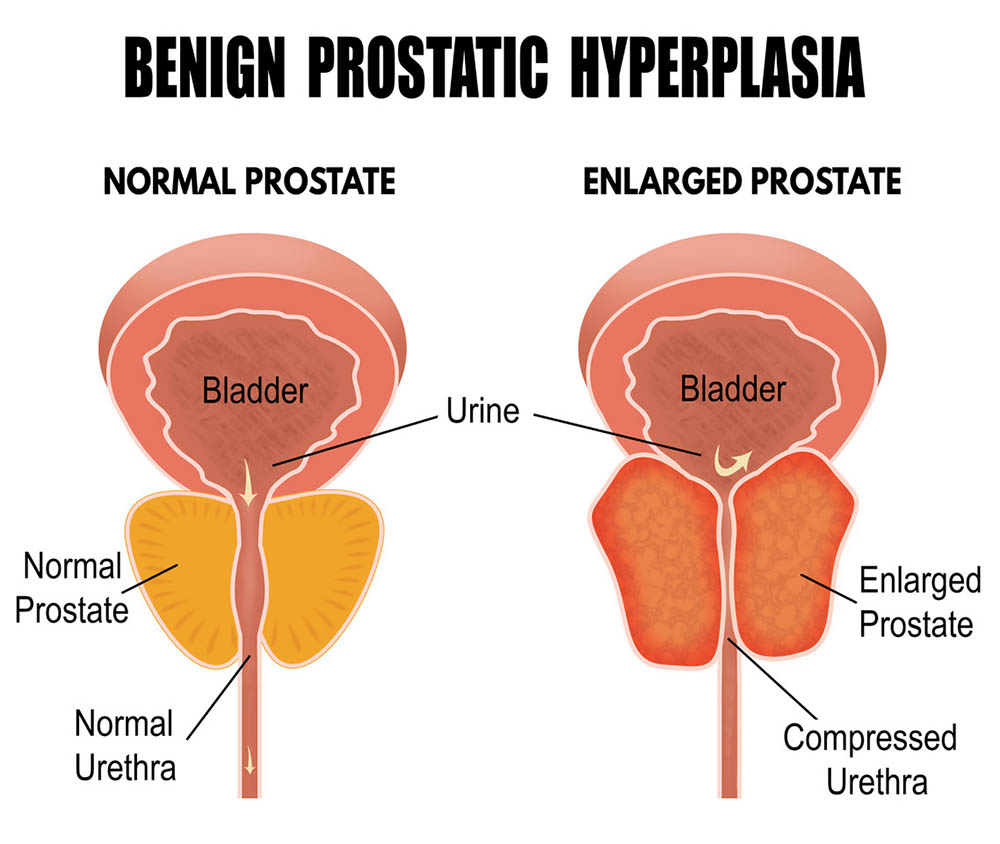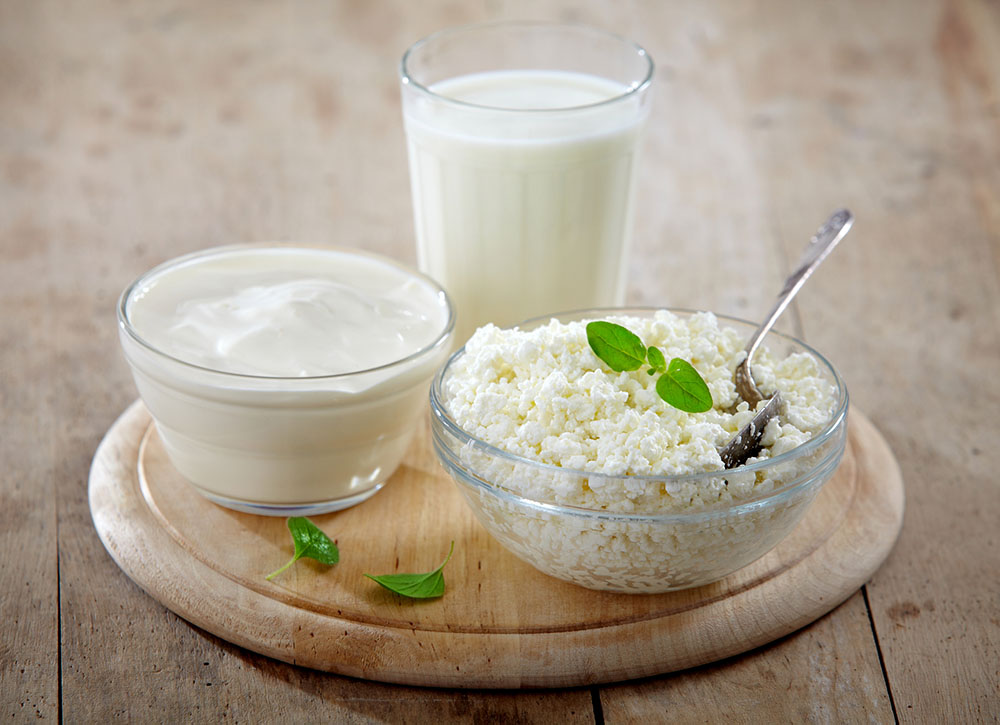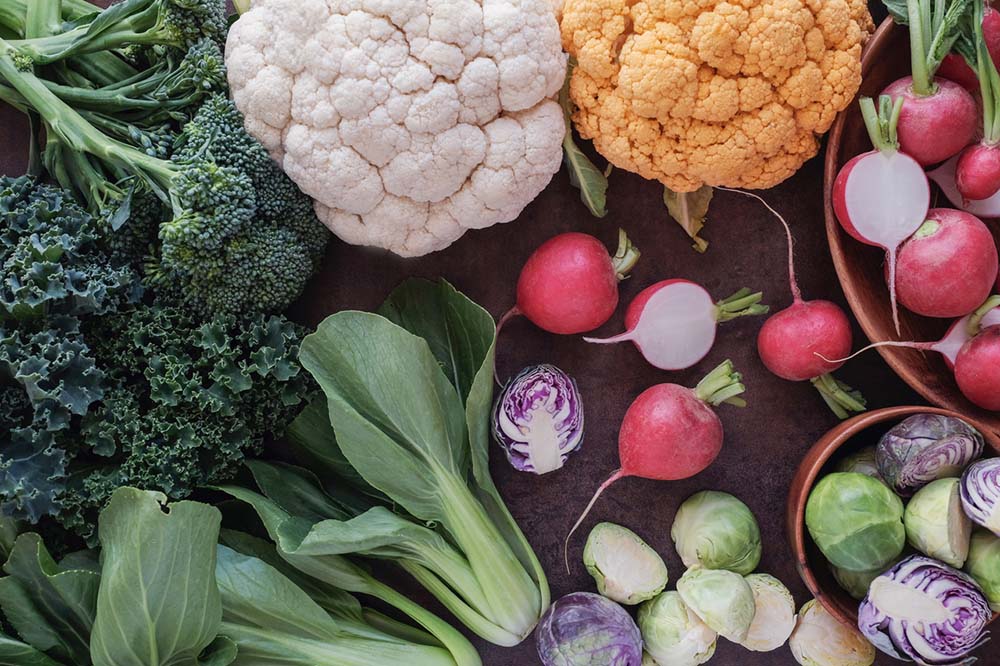4 Things to Avoid if You Have an Enlarged Prostate
Are you male, hitting middle age, and finding yourself having to make frequent trips to the restroom to relieve your bladder? If so, then you may have an enlarged prostate gland. This common condition is referred to as benign prostatic hyperplasia. In this article, I'll explain what that is, what the symptoms are, and what can cause it. And I'll explain the top 4 things to avoid if you have an enlarged prostate.
In this article-
- What is benign prostatic hyperplasia?
- Symptoms of an enlarged prostate
- What causes an enlarged prostate?
- Top 4 things to avoid if you have BPH
- Other tips for benign prostatic hyperplasia
- The bottom line

What is benign prostatic hyperplasia?
Benign prostatic hyperplasia is a condition that occurs when the prostate gland becomes enlarged. It is often called BPH. The word "benign" means non-cancerous. And "hyperplasia" means abnormal cell growth.
Prostate enlargement is very common in men as they age. While some men never experience symptoms, others have symptoms that severely interfere with daily life. Usually, men start to notice the side effects after age 50.
Prostate enlargement can be diagnosed by your health care provider. Tests may include a rectal exam, blood tests, and urine tests. They will likely check PSA levels. And they will want to rule out other causes of your symptoms, like bladder infections, kidney problems, or prostate cancer.
It is important to note that benign prostatic hyperplasia is not linked to prostate cancer. Prostate cancer and BPH do share many of the same symptoms, but they are not the same thing. If you have an enlarged prostate due to BPH, this does not increase your risk for prostate cancer.
Symptoms of an enlarged prostate
The prostate is located along the urethra. So when prostate tissue swells, it constricts this tube. This blocks urine flow. That is why the major side effects of an enlarged prostate involve urination.
The most common symptoms of an enlarged prostate are urinary tract symptoms.
- Frequent urination.
- Urgency of urination.
- Leaking or dribbling of urine.
- Needing to urinate at night.
- A sense of the bladder being incompletely emptied.
- Difficulty urinating.
- Interrupted or weak urine flow.
- Sexual dysfunction.
The problem with an enlarged prostate is that it obstructs healthy urine flow. When this happens, urine gets backed up into the bladder, kidneys, and even the liver. This can cause toxicity and negative side effects.
A common issue with BPH is an increased risk for urinary tract infections. If you have BPH symptoms, watch out for urinary tract infections. You want to catch them before they cause too much harm.
What causes an enlarged prostate?
Benign prostatic hyperplasia is impacted by hormones.
In the body, certain hormones have anabolic effects. That means that they have the ability to make things grow. If you have too many anabolic hormones in the body, then your prostate tissue can start to grow out of control. This can lead to the side effects listed above.
Some of the hormones involved include:
- Fat Storing Hormone. This is a hormone that can make things in the body bigger. You don't want excessive Fat Storing Hormone in the body.
- IGF-1. Fat Storing Hormone-like growth factor (IGF-1) is a type of growth hormone that also promotes tissue growth.
- Estrogen. Estrogen is thought of as a female hormone. But men naturally have some estrogen as well. The problem occurs when men have too much of it. Again, estrogen is a hormone that promotes growth. Keeping this down at a healthy level is important.
Many people think that high testosterone is the cause for abnormal prostate tissue growth. But this is not the case.
Testosterone levels drop when you age. Whereas prostate issues rise when you age. This does not add up to high testosterone being the problem. Also, a powerful form of testosterone called dihydrotestosterone (DHT) is often used as a therapy to treat BPH.
Estrogen is actually the major culprit. That is what you need to watch for. Learn more about this true cause for benign prostatic hyperplasia here.
Conventional treatment options for BPH include prescriptions, over-the-counter meds, and even prostate surgery. But if you have an enlarged prostate, try looking to your diet first.
One great option is to avoid things in your diet that make prostate problems worse.
Top 4 things to avoid if you have BPH

1. Dairy
When men that have enlarged prostate consumes dairy they have a difficult time going to the bathroom. This is because dairy is a food that makes the prostate swell up even more. The prostate is kind of a sponge for hormones.
Milk is a substance that is made by cows to help a young calf grow. This means that it is actually full of growth hormones. You don't need more of those if your prostate is already too big.
Avoiding dairy also helps to keep IGF-1 down. As mentioned earlier, IGF-1 can contribute to prostate growth. So take dairy out of your diet. This includes cheese, milk, yogurt, sour cream, and even butter.
2. Vegetable oils
Things like soy, corn, and canola oil are very inflammatory. They contain omega-6 fatty acids, which are the kind of fats we don't want. Vegetable oils like soy, corn, and canola are also usually GMO. GMOs are important to avoid.
Read ingredient lists for things like salad dressings, which are packed with these harmful vegetable oils. I recommend using olive oil instead.
3. Sugar
Sugar is one of the top culprits when it comes to inflammation. If you want to stop swelling anywhere in the body, then avoiding sugar is a must. This applies to the prostate gland, too.
So cut out sugar. This also means avoiding foods that turn into sugar in the body. Stay away from grains, bread, and pasta. Those are just broken down into sugar when you digest them.
4. Soy products
Think of soy as a health food? Think again. Unfermented soy products are actually quite hard on the body.
Soy is harmful for an enlarged prostate because it has estrogenic factors in it. This means that certain things in soy mimic the effects of estrogen in the body. We don't want more estrogen activity if we have prostate problems.
Unfortunately, there are so many products out there that contain soy. Avoid soy itself, soy oil, and soy protein isolates. Again, read labels, because soy can be hiding in just about anything. Especially processed foods.
Other tips for benign prostatic hyperplasia
Along with avoiding the things listed above, try the strategies listed below.
- Don't drink alcohol. Alcohol increases estrogen levels.
- Opt for organic, non-GMO, wild caught, grass-fed, and pasture raised. This will help you avoid hormones in meat or dairy. And it will help you avoid pesticides. Some pesticides can mimic the effects of estrogen in the body.
- Eat lots of cruciferous vegetables. Think of things like kale, cabbage, arugula, and radish. These veggies help slow the production of estrogen. If you have a hard team eating enough of them, you can try a cruciferous concentrate.
- Take stinging nettle root. This supplement helps to keep estrogen levels down. It inhibits the enzyme that converts testosterone into estrogen in the body. It is good for reducing inflammation, as well.
- Take saw palmetto. This herb can help bring down prostate inflammation. Combine this with nettle root for great results.
- Try Healthy KetoTM and intermittent fasting. These dietary and lifestyle changes will keep Fat Storing Hormone levels in check and stop excessive growth. Learn more about my ketogenic diet plan here.

Check out my video, The Best Foods for BPH. In it, I explain more about dietary treatment options.
The bottom line
An enlarged prostate (or BPH) is common in older males. While it is not associated with prostate cancer, it can present with many uncomfortable symptoms and urinary problems.
If you are dealing with these symptoms, then you likely want to find some relief. Looking towards your diet is a great choice.
To review, there are four foods to avoid if you have an enlarged prostate. They include:
- Dairy.
- Vegetable oils.
- Sugar.
- Soy.
Avoid those foods. And then add in healthy options like cruciferous veggies, saw palmetto, and nettle root.
Do you have an enlarged prostate? What dietary tips do you have for relieving urinary symptoms? Share in the comments below.
Up Next:
Previous blog
What is MTORNext blog
What is Conjugated Linoleic Acid (CLA)?
Popular
08/21/2024
53.6K views
02/23/2025
45.4K views
11/18/2024
270.1K views
03/18/2024
11/21/2022




